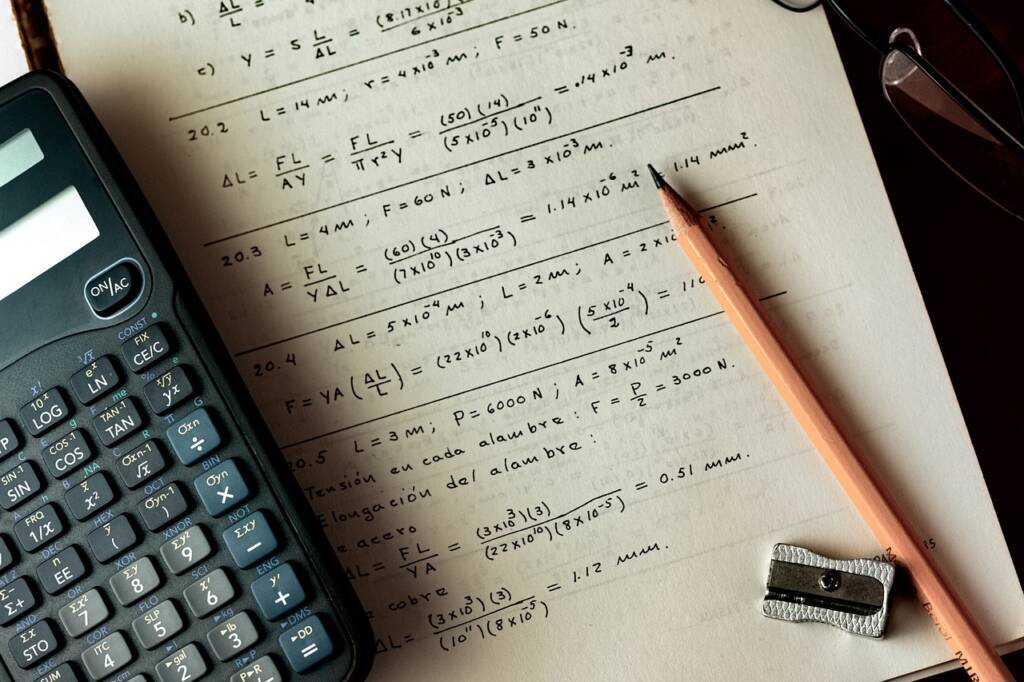
AP Psychology
The AP Psychology course will introduce you to the systematic and scientific study of human behavior and mental processes. While learning about the studies that have shaped the field, you will explore and apply psychological theories, key concepts, and phenomena associated with the major units of study, including biological bases of behavior, cognition, development, learning, social psychology, personality, and mental and physical health. Throughout the course, you will apply psychological concepts and employ research methods and data interpretation to evaluate claims, consider evidence, and effectively communicate ideas.
Major Topics and Concepts
AP Psychology Science Practices
Concept application
Research methods and design
Data interpretation
Argumentations
Proposing and supporting a claim
Biological Bases of Behavior
Heredity
Environmental influences
Subsystems of human nervous system
Structure and function of the neuron
Neural transmission
Structure and function of the brain
Sleep/wake cycles
Vision, hearing, and other senses
Cognition
Internal and external factors and their impact on perception
Theories related to thinking, problem-solving, judgment, and decision-making
Memory and forgetting
Measuring intelligence
Academic achievement compared to intelligence
Development
Development before birth, during infancy, childhood, adolescence, and adulthood
Components of language and communication
Learning
Classical conditioning
Reinforcement and punishment
Law of effect
Social learning theory
Social Psychology and Personality
Attribution theory
Mere exposure effect
Stereotypes and implicit attitudes
Cognitive dissonance
Social norms
Influence of groups
Theories of motivation
Theories of emotion
Social norms and influence of emotions
Mental and Physical Health
Impact of stress
Factors that lead to well-being, resilience, positive emotions, and psychological health
Psychological perspectives define psychological disorders
Symptoms and possible causes of selected disorders
Research and trends in the treatment of psychological disorders
AP Exam Prep
Test tips
Full-length practice exam
Course Materials
School-Supplied Materials
Student e-text: Myers, D., DeWall, C. N., & Yost Hammer, E. (2024). Myers’ Psychology for the AP® course (4th ed.). Bedford, Freeman & Worth.
Student-Supplied Materials
Printer (not required, but helpful)
Competencies
Psychology Science Practices
Students will demonstrate an understanding of psychology science practices by explaining the development of psychological arguments, describing the application of the scientific method, and explaining the ethics involved in psychological research.
Biological Bases of Behavior
Students will demonstrate understanding of biological bases of behavior by describing the influences on psychology, describing the structure and functions of the brain, explaining the psychology of sleep, and explaining the process of sensation.
Cognition
Students will demonstrate an understanding of cognition by explaining perceptual principles, describing the processes of problem-solving, explaining the processes of memory, and describing theories of intelligence.
Developmental Psychology
Students will demonstrate an understanding of developmental psychology by describing physical development, describing cognitive development, and describing social-emotional development.
The Psychology of Learning
Students will demonstrate an understanding of the psychology of learning by describing classical conditioning, explaining operant conditioning, and describing factors that influence learning.
Social Psychology and Personality
Students will demonstrate an understanding of social psychology and personality by summarizing attribution theory, describing the psychology of social situations, summarizing theories of personality, and describing the psychological factors of motivation and emotion.
The Relationship Between Mental and Physical Health
Students will demonstrate an understanding of the relationship between mental and physical health by explaining factors that influence health, describing psychological disorders, and summarizing treatment of psychological disorders.

